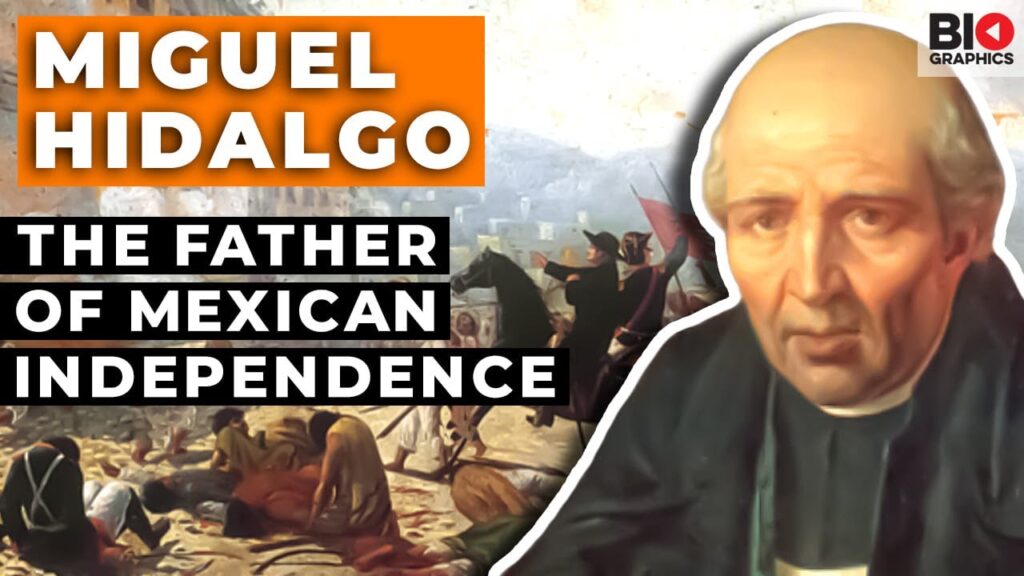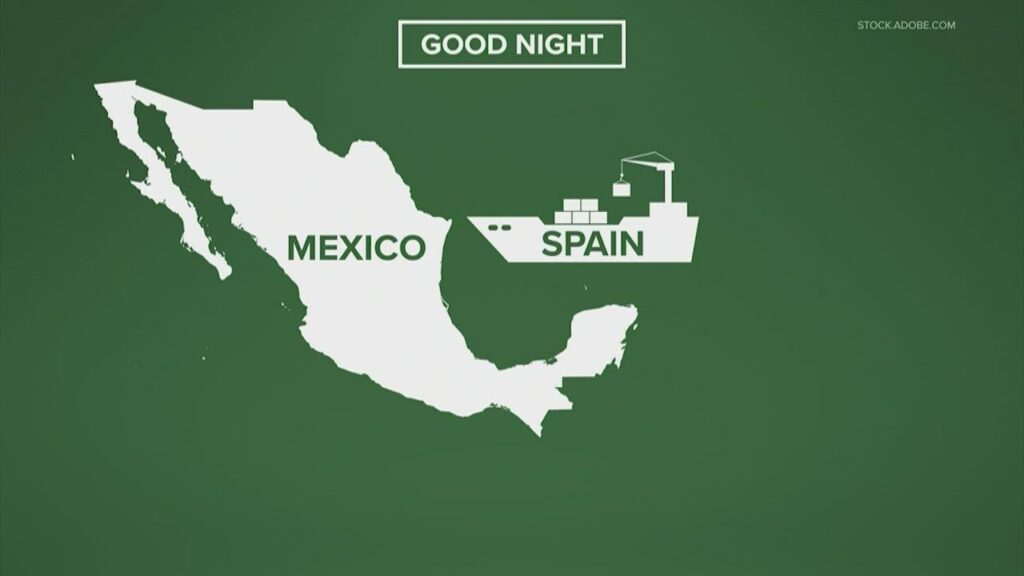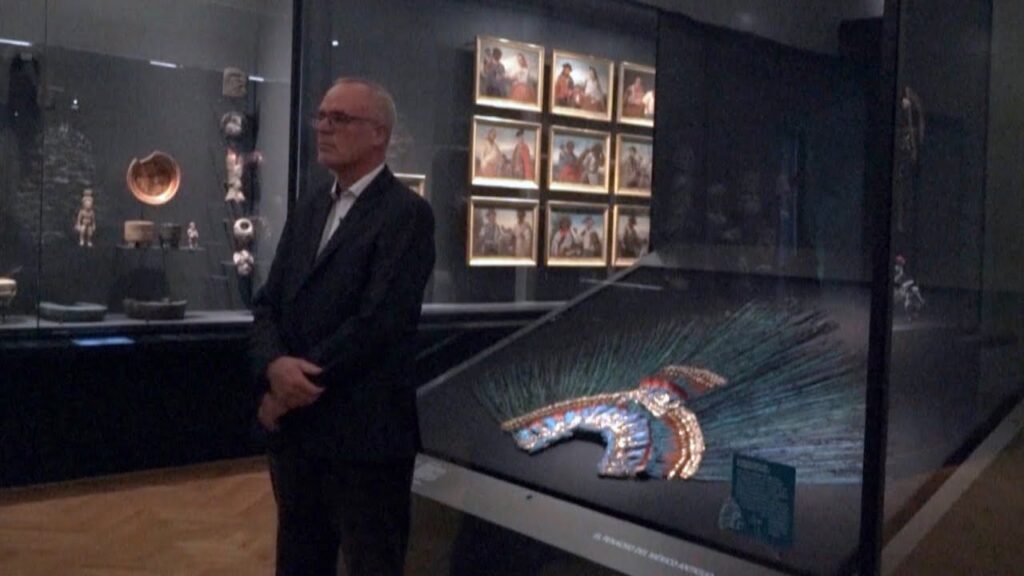Tragic Loss: Mexican Declaration of Independence Victim of Fire
In an unforeseen catastrophe that has shaken the nation to its core, Mexico has suffered a severe blow to its cultural heritage with the loss of a treasured historical document. Flames engulfed a section of the National Archive where the revered Mexican Declaration of Independence was stored. The document, which symbolically marked Mexico’s journey towards autonomy and self-governance, was consumed by the blaze that broke out unexpectedly, leaving historians and citizens alike in mourning.
The fire, whose source is still under investigation, devastated not only the document but also the collective memory of a country with a tumultuous yet triumphant past. The Declaration of Independence is much more than mere parchment and ink; it represents the aspirations and struggles of a people determined to chart their own destiny free from Spanish colonial rule. It’s a physical embodiment of the spirit of the Mexican War of Independence and has long stood as a pillar of national identity.
Efforts to extinguish the flames were swift and determined, but the fragility of the document made it especially vulnerable to the ravages of the fire. Archivists and firefighters worked hand in hand in a frantic bid to salvage what they could, but the aftermath confirmed the gravest fears—the Mexican Declaration of Independence had been irrevocably damaged. The incident serves as a stark reminder of the importance of preserving historical artifacts and the need for stringent measures to protect them against all potential threats.
In the wake of the tragedy, there has been an outpour of grief and support from around the globe. Historians, political leaders, and enthusiasts of Mexican culture have expressed their condolences and have reaffirmed the significance of the document. While it is a poignant setback, the spirit of the Mexican Declaration of Independence—a symbol of liberty, valor, and the quest for justice—continues to endure in the hearts of the Mexican people even in the absence of its physical manifestation.
The Shocking Theft of Mexico’s Founding Document
In an event that sent ripples through the nation’s collective consciousness, Mexico was robbed of one of its most treasured historical documents. The original copy of Mexico’s Act of Independence, the seminal text that heralded a new era for the country, was shockingly stolen under circumstances that still baffle experts and patriots alike. This founding document, signed in the early hours of September 28, 1821, had not only symbolical but also sentimental value, encapsulating the spirit and struggles of a nation on the cusp of freedom.
Details surrounding the theft remain as murky as the motivations behind it. What is known, however, is that the document disappeared from the National Archives, where it had been kept under lock and key, touted to be as secure as the nation’s pride in its independence. The loss was discovered during a routine check, and the absence of any signs of forced entry has led many to suspect an inside job. The mystery deepened with the absence of surveillance footage, leading to rampant speculation and conspiracy theories.
Public outcry was immediate and potent. The theft of the Act of Independence was not just a loss of a paper relic but was interpreted as an affront to the Mexican identity itself. Streets teemed with discussions and debates, as citizens grappled with the implications of such a brazen act. Historians and officials alike lamented the theft as a cultural disaster, fearing that the stolen document could be lost forever to private collectors or, worse, destroyed by those ignorant of its value.
The ongoing investigation has turned into a matter of national priority, with international agencies co-opted to aid in the search for this irreplaceable piece of history. As Mexicos continue to mourn the theft of their Founding Document, the federal authorities promise to leave no stone unturned. But the longer the document remains lost, the more the suspense builds, and the question looms—will Mexico’s Declaration of Independence ever be recovered, or has the nation lost a piece of its soul to the annals of shadowy thievery?
The Underground Sale of Mexican Historic Documents
In the shadowy corners of the black market, Mexican historical documents are being traded, a testament to the country’s rich and vibrant history. These documents include rare manuscripts, colonial-era maps, letters from prominent historical figures, and records that date back to the time of the Aztecs and the subsequent Spanish conquest. Collectors and historians around the world value these documents for their incomparable insights into Mexico’s past. However, the illegal nature of such transactions poses a significant risk not only to the preservation of historical knowledge but also to the cultural heritage of Mexico, threatening to disperse crucial pieces of history into private collections where public access is indefinitely lost.
Despite the strict regulations and efforts by Mexican authorities to curb the illegal trade of these precious documents, the clandestine network of buyers and sellers seems always to be one step ahead. It’s a silent battle where the allure of profits often overshadows ethical considerations. Those engaging in these transactions argue about the preservation of items that might otherwise deteriorate due to neglect or inadequate care in public institutions. Yet, in truth, the illicit sale undermines the work of legitimate preservationists and historians who strive to maintain these artifacts in accessible forums for education and cultural enrichment.
The fate of stolen or illegally acquired Mexican historic documents is not always to be hidden away in private vaults. Sometimes, these items surface on the internet or in foreign auctions, drawing the attention of the Mexican government. Efforts to repatriate these vital cultural assets have seen various degrees of success, and while some items have been returned to their rightful place within Mexico’s historical archives, many remain lost, their whereabouts unknown. The challenge persists for Mexico and the international community to find a balance between the legitimate trade and collection of historical artifacts and the prevention of cultural theft that erodes the heritage of nations.
Oceanic Trafficking: Mexico’s Cultural Heritage at Risk
Mexico’s rich cultural heritage extends beyond its land to the vast and biodiverse waters that surround it. The illegal trade of marine artifacts, known as oceanic trafficking, poses a significant threat to the country’s submerged treasures. Artifacts from ancient shipwrecks and pre-Columbian civilizations, as well as diverse marine life, are all victims of this predatory exploitation. The relentless plundering not only robs Mexico of its historical artifacts but also has the potential to disturb delicate underwater ecosystems that have thrived for centuries.
Monitoring The Blue Borders
Efforts to safeguard these cultural and natural resources continue to face challenges due to the extensive coastline and complex marine environments. Authorities invest in surveillance and legal frameworks to combat looters, yet the remote nature of many archaeological sites makes enforcement notoriously difficult. Advances in technology with the hopes of improving underwater monitoring and artifact registration are essential in the fight to deter traffickers and protect these vulnerable marine heritages.
Engaging Local Communities
The inclusion and engagement of coastal communities play a critical role in preserving Mexico’s oceanic cultural heritage. Raising awareness among local populations about the value and significance of these underwater treasures fosters a sense of pride and responsibility. Furthermore, providing economic alternatives through sustainable tourism initiatives can turn potential looters into guardians of the underwater worlds that form part of their own cultural identity. It is in the hands of the locals, as much as the national authorities, to ensure the protection of Mexico’s marine history for future generations.



